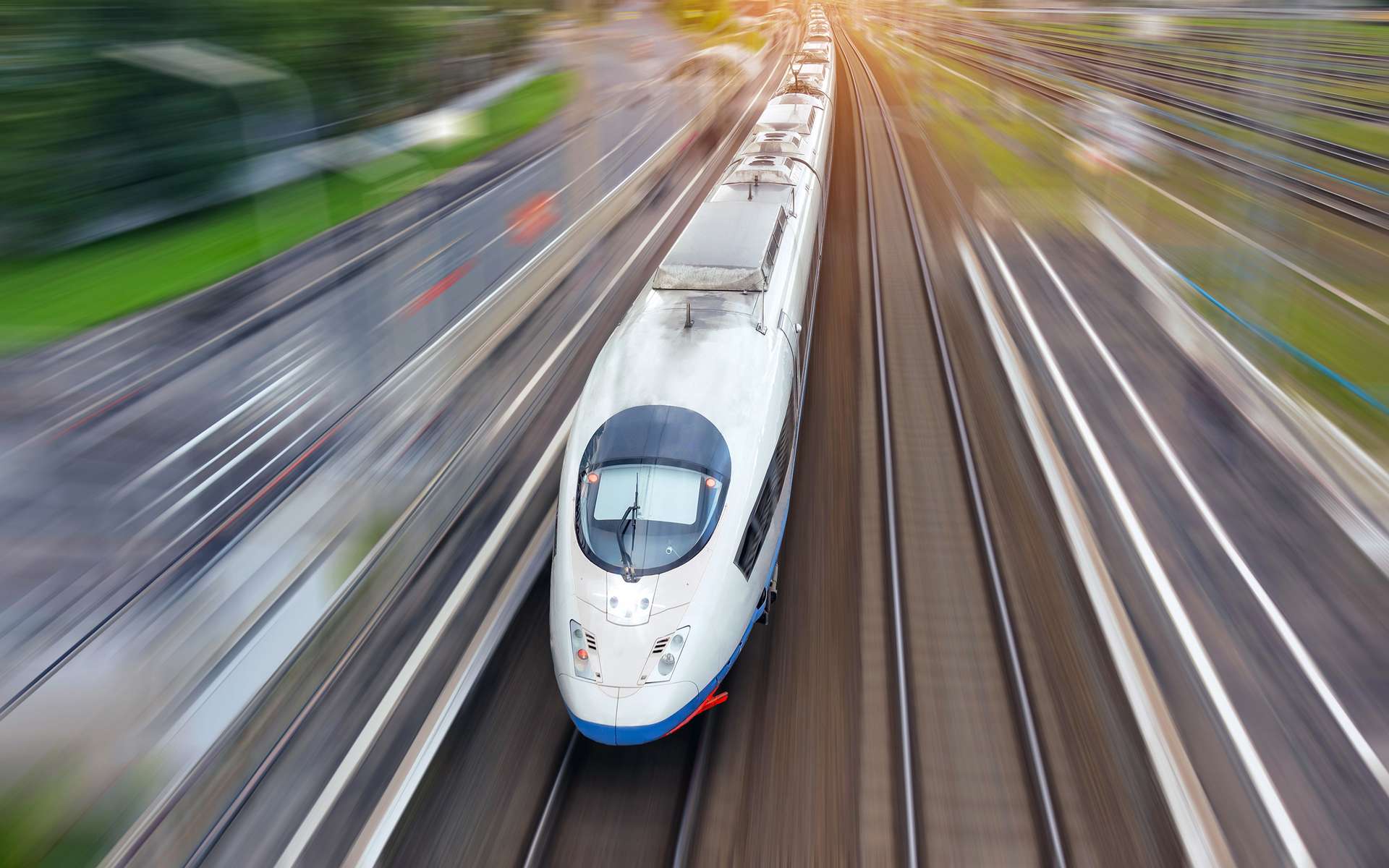The train of tomorrow will be autonomous, that is to say without a driver on board to drive it. A major trend that concerns all modes of public transport, all with autonomous vehicle projects (coaches, trams, boats, and aircraft in particular). Among the companies involved in the development of these future trains, we will mention Thales. Better known for its specialization in space, defense and aeronautics, Thales also has a transportation branch. The explanations of his spokesperson.
If more and more cities implement plans to reduce car traffic on their streets and wish to give more space to pedestrians and so-called soft modes of transport, then alternatives to the use of cars are not a penalizing constraint for citizens. Hence the need to develop public transport and to significantly improve existing ones.
Among the major players in the rail transport market is the group, Thales. If the presence of Thales – better known for its specialization in the space, defense and aeronautics – may surprise on this type of market, you should know that this industry group ” aims to develop autonomous trains,” explains a door of the Thales land transport business.
The challenge: a train that leaves and arrives on time, without stress on the platform, in which everyone finds a seat, more economical and to travel safely. These future autonomous trains will be based on ” the artificial intelligence on the Internet of things, the big data and on satellites .” They will be able to ” make decisions alone, such as curbing, speeding up or alerting “.

Reliable artificial intelligence
The artificial intelligence that we are talking about is the so-called explicable and certifiable for critical decisions, just like other types of software. That is to say that one is certain of its good behavior and to have the guarantee that it is able to make reliable decisions so that these certifiable AIs will pilot these future autonomous trains better than Men in all circumstances.
o circulate on the tracks safely, they will need a precision of ” geolocation of a few centimeters that only the satellites will be able to provide “. Supported by all these new technologies, train automation will increase frequency, improve traffic flow, enhance safety, and reduce and optimize energy consumption.
Today’s trains are blind trains. The open environment – potential tree falls, animals that can cross the tracks – in which the train evolves, however, makes the empowerment of the latter complex with several challenges in terms of security, detection, location, and supervision. The combination of the expertise of a group like Thales can help answer these different challenges.